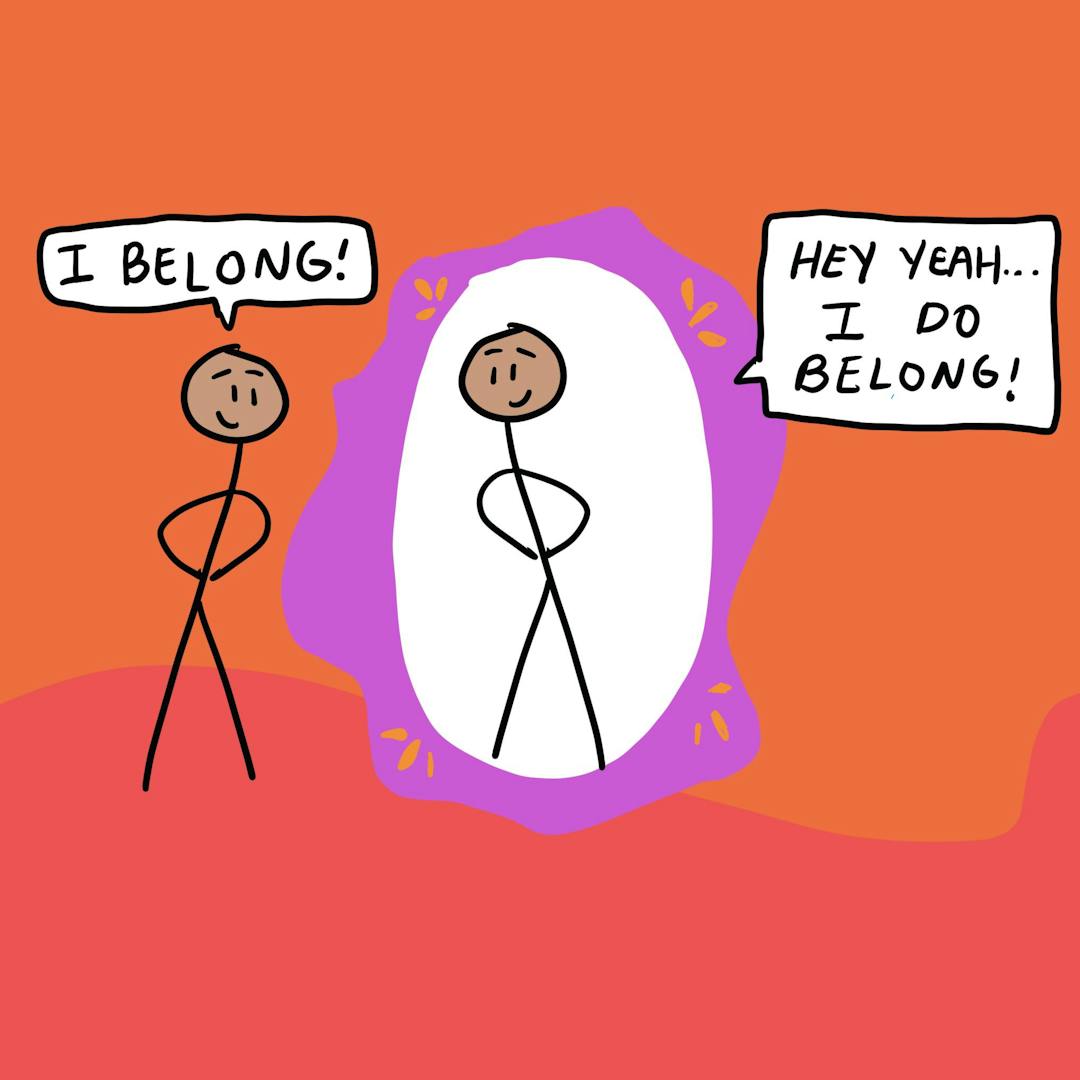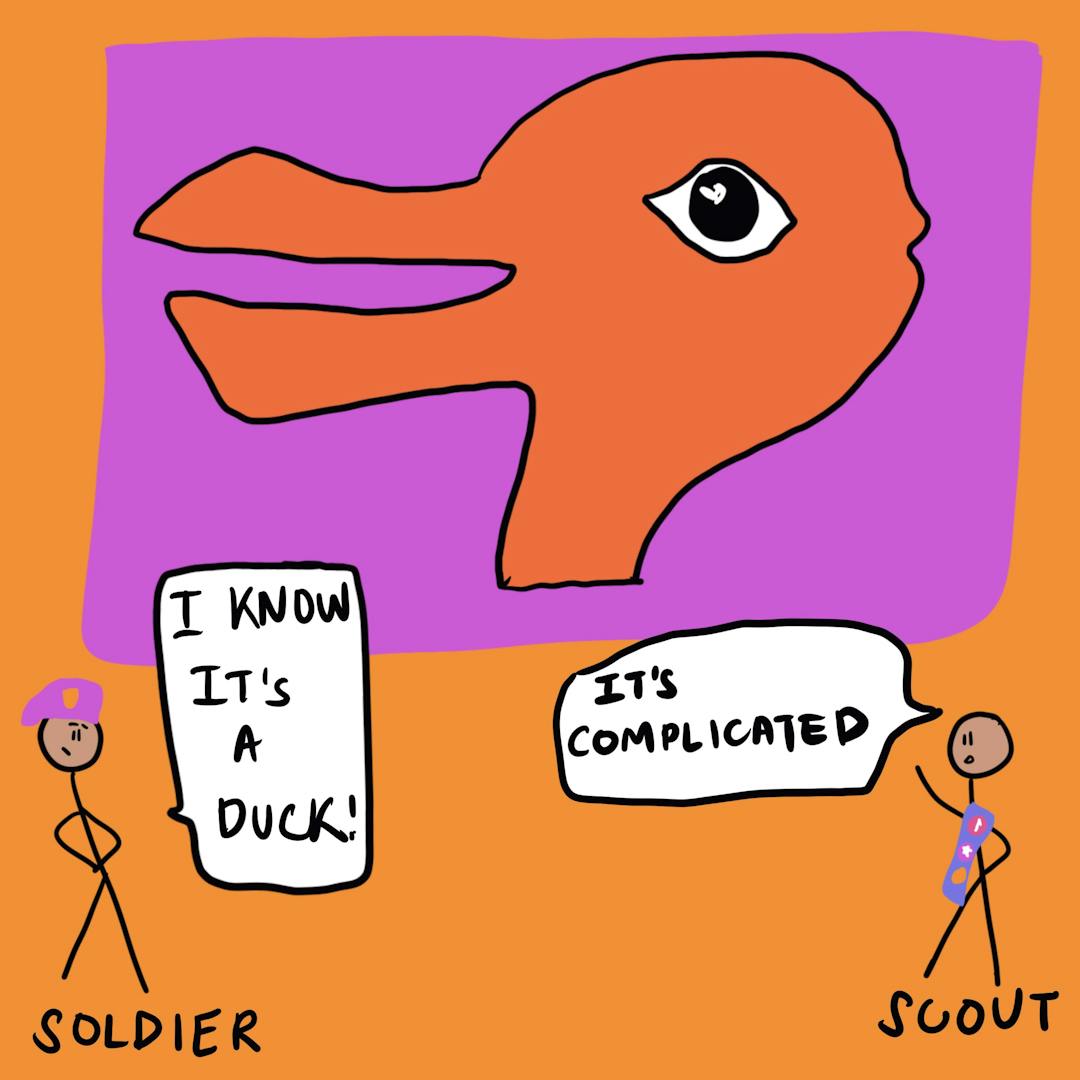Habits, Happiness, and Personality Types: Gretchen Rubin

Sometimes people will say to me, “Well, which tendency is the happiest, or the healthiest, or the most productive, or the most creative or the most successful.” And what you see is not that one tendency is the best, it’s that certain people have a tendency to figure out how to harness the strengths of the tendency and really take advantage of it. And also learn how to offset the limitations and weaknesses of that tendency so that they manage to get themselves where they want to go. So for obligers, many obligers are wildly successful. Oprah Winfrey’s an obliger, Tiger Woods is an obliger, Daenerys Targaryen is an obliger, Jon Snow’s an obliger.
Intro
In today’s episode of The Decision Corner, we are joined by Gretchen Rubin, a writer, speaker, and influencer on the subjects of happiness, habits, and human nature. Gretchen Rubin is the author of several books, including the number one New York Times bestseller, The Happiness Project. Her books have sold over 3.5 million copies and been published in more than thirty languages globally.
Gretchen has spoken at places such as GE, Google, LinkedIn, Accenture, Facebook, Procter & Gamble, Yale Law School, Harvard Business School, and Wharton as well as at conferences such as SXSW, World Domination Summit, the Atlantic, Alt Design, and Behance’s 99u.
Gretchen graduated from Yale University with a BA in English in 1989 and a J.D in 1994, where she served as the Editor-in-chief of the Yale Law Journal. Some of her specialties include habits, happiness, positive psychology, writing, memoirs, blogging, social media, self-improvement, self-help, non-fiction, and podcasts.

Her “Four Tendencies” personality framework divides people into Upholders, Questioners, Obligers, and Rebels, which will both be routinely mentioned throughout this episode. You can take the quick, free quiz here.
In this episode, we discuss:
- The four tendencies and their respective idiosyncrasies
- The validity of psychological frameworks and when they can be useful
- How to communicate with people more effectively so that they follow through with important behaviors
- What kinds of problems are best suited for the four tendency taxonomy
- Individual versus gender-based differences in behavior
- Public service messages that work for all four tendencies
- The brilliance of the Don’t mess with Texas campaign
- Leveraging big data to test messaging with different tendencies





